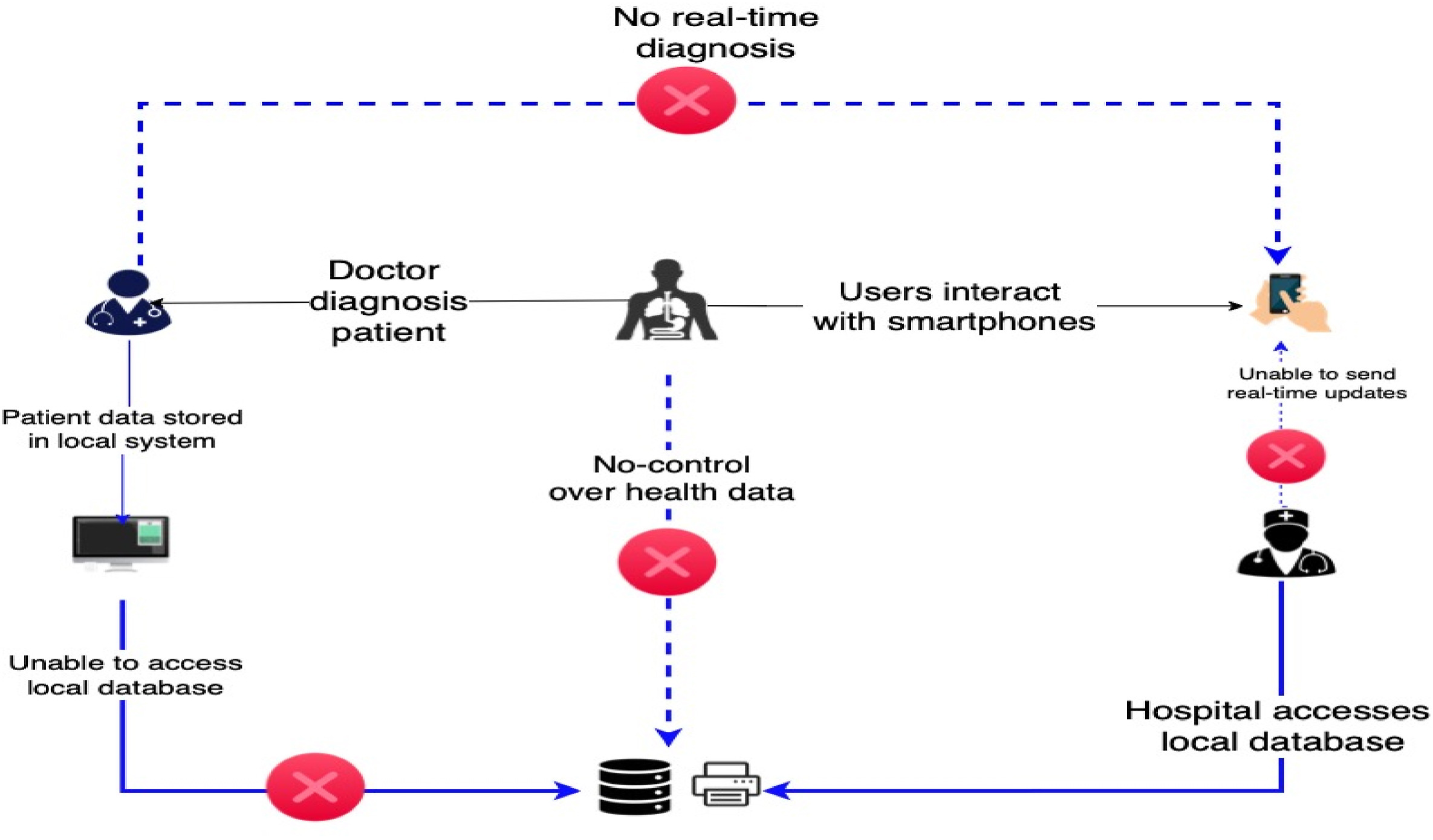This content supports the SDG Goal 3: Good health and well-being by exploring the main characteristics of AIH, PBC, and PSC, with particular interest for the clinical manifestations, pathogenesis, autoantibodies, and therapeutic options.
This content supports the SDG Goal 3: Good health and well-being by exploring the main characteristics of AIH, PBC, and PSC, with particular interest for the clinical manifestations, pathogenesis, autoantibodies, and therapeutic options.
The research seeks to estimate biogas production potential from livestock and slaughterhouse wastes in Ghana, in order to promote biogas technology as a possible alternative in the search for sustainable energy management methods and in support of the SDG goals.
This paper shows that although climate policies can sometimes slow the pace of economic growth, in the long term the benefits of avoided climate change impacts will overweight policy costs
This article ties to SDG 3. This systematic review examined 2 decades of questionnaires used to assess emotion (dys)regulation in children and adolescents to be able to guide appropriate selection of measurement tools for assessing specific domains of child and adolescent emotion dysregulation in the future.
This article ties to SDG 3. This study investigated main influencing factors and neurobiochemical biomarkers of Acute Stress Disorder (ASD) in trauma patients with a purpose of early clinical identification and intervention.
Smart healthcare monitoring is assessed for its ability to improve the treatment or early detection of falls. In this project, the authors propose a CNN-based prediction model with the use of edge computing and IoT paradigms.
This article ties to SDG 3. This systematic review assess the diagnostic accuracy of screening tools for PTSD in refugee and asylum seeker populations.
"Illegal wildlife trade is a global concern and a major threat to biodiversity conservation. DNA barcoding, specifically the use of cytochrome c oxidase subunit I gene (COI), is widely used to identify wildlife species in the Philippines.
DNA fingerprinting provide accurate identification of aquatic species and can be used for monitoring and tracking IWT."
This Personal View supports SDGs 3 and 15 by introducing geodiversity as a driver of planetary health and highlighting its importance in ecosystem functionality and biodiversity.

